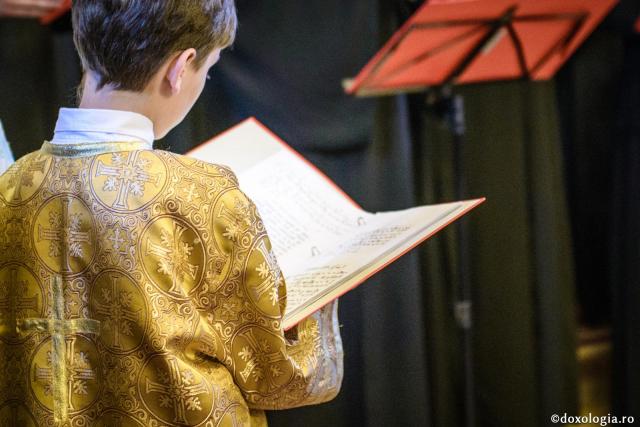Byzantine Music Heals Depression
Byzantine music is very easy when the soul loves it. Great is the peace that it brings to the soul. The one who knows music and is humble has the Grace of God. He is ready to be angry but he fears not to ruin harmony because fury and all these sinful states do not match with harmony. And thus, little by little, he will hate evil and will assume only virtues, which are harmony.
Byzantine music sanctifies people without sacrifice. It is a significant way of healing the soul of the fallen people. This in one of the reasons why, the wise doctor of souls, Pious Porfirie said:
“Byzantine music is very useful for the soul. All Christians should know Byzantine music. All of us need to learn it. It has a direct connection with the soul. Music sanctifies people without sacrifice. You become saint without struggle, just by enjoying it.”
This type of music is very useful for curing depression.
“There was a time, says the Elder, when the King Saul was possessed by a demon, and David was singing to him and the devil was leaving. He was visiting him with the psaltery and sang to him. When he was struggling with the demon of sadness, David visited him and sang chants so that the devil was cast away. Where are all those who try to find cure for their depression?
When we will learn to play or sing byzantine music and we will see darkness in front of us, wrapping us in spiritual melancholy it will be converted in a chant for God. I believe very strongly in this. I can tell you that a musician who loves music and is filled with piety will transform his pain in music or would be able to play a ready-made work. Thus, instead weeping, he brings doxology to God.”
Healthy people live in harmony. And harmony means virtue. The abbot once said:
“Byzantine music is very easy when the soul loves it. Great is the peace that it brings to the soul. The one who knows music and is humble has the Grace of God. He is ready to be angry but he fears not to ruin harmony because fury and all these sinful states do not match with harmony. And thus, little by little, he will hate evil and will assume only virtues, which are harmony” (Ven. Porfirie Capsocalivitul)





